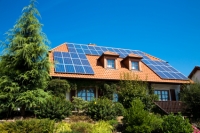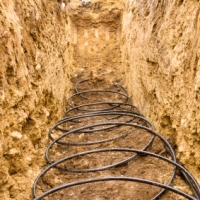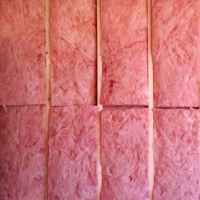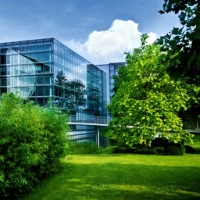Green Homes vs Traditional Homes
Wed, Jun 01, 2011In recent years, the U.S. home building industry has undoubtedly seen its troubles. The downturn in the economy has forced many builders to rethink how they approach their market now that it is much smaller. In many cases those builders have chosen to address the increasing demand for green homes. By offering green homes, many builders are now meeting their customers� needs for energy- and water-efficient homes with a healthier environment and financial benefits. What once was a niche can now be seen as mainstream. According to the United States Green Building Council, their LEED for Homes program has certified 10,000 homes since it started in 2008. This sounds very impressive, but what is a green home, and what are the benefits compared to a traditional home?









